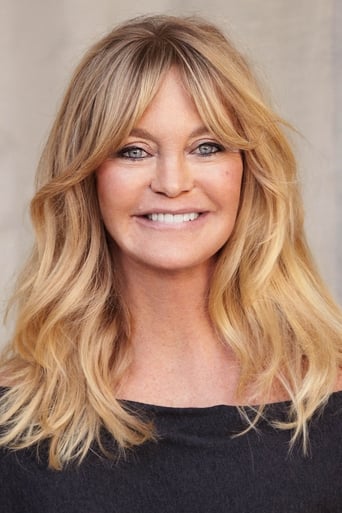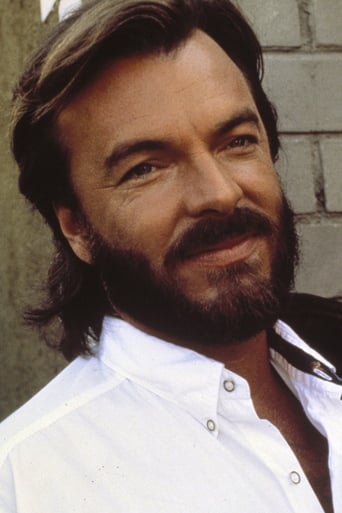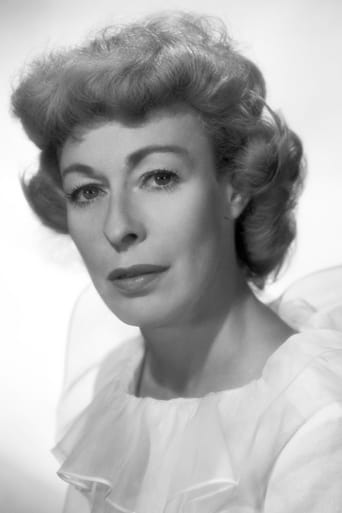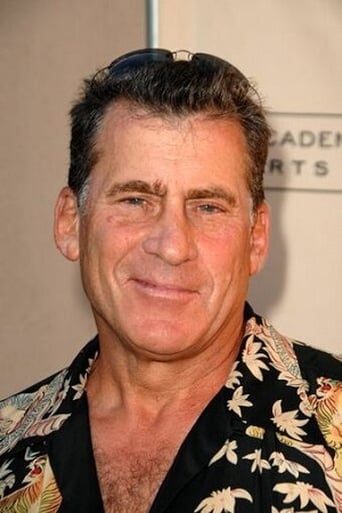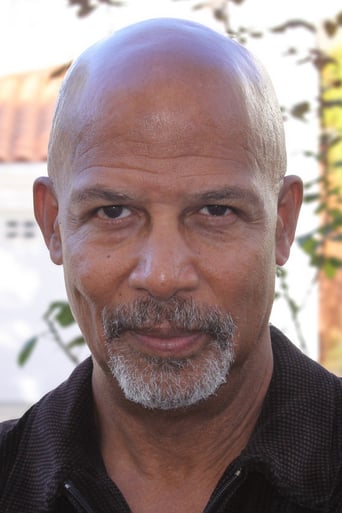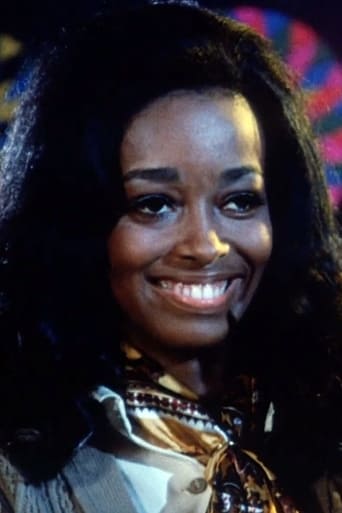Moustroll
Good movie but grossly overrated
Acensbart
Excellent but underrated film
FuzzyTagz
If the ambition is to provide two hours of instantly forgettable, popcorn-munching escapism, it succeeds.
ChanFamous
I wanted to like it more than I actually did... But much of the humor totally escaped me and I walked out only mildly impressed.
Emil Bakkum
The film Butterflies are free appeals to me notably because of the scenery, which is flower power life in the roaring (last) years of the sixties. You know you are in California, when your pet has its own psychiatrist. This does not imply that the story is outdated or not timeless. However, certain elements do personate the typical spirit of the time, such as the general acceptance of sexual licentiousness ("This would be fun with a few more people"). They are embodied mainly by the female character Jill. Even though she is nineteen years old, she has already been married, albeit for only six days. It were the two most glorious days of her life. She loves to experiment, and has been both a hippie and a young republican (she concludes: "There are no young republicans"). She dresses in the flower power fashion, and lives within the counter culture movement. The male character Don is plain and common, and is exceptional merely due to his blindness. He goes skydiving in order to scare the hell out of his dog (just kidding; he does not have a dog). Jill and Don meet in the apartment, that they share. The apartment is as colorful as Jill, thanks to its former inhabitants who were hippies. Don lives on his own, with the financial support of his mother. This impresses Jill. She falls for Don, and within half an hour she seduces him. However, already the next day she is vexed by second thoughts ("Do you know that the ceiling needs painting?"), and decides to move house again. This plunges Don into an emotional crisis. Let me reflect on that. In general I like to ponder about film scripts, in order to extract a hidden message or meaning. Unfortunately it is difficult to make sense of the Butterfly narrative. Although Jill dominates the relationship, she is evidently as immature as Don. The events are unbalanced, and volatile. Even the peeping toms are booing them. Is this a portrayal of a belated adolescence? Indeed, the naivete saves Butterflies from being perverse. Note that the film is an adaptation of a screen play, and little attempt has been made to enhance the dynamics in space and time and to include captivating cinematic effects. At least the reviews are worthwhile.
DKosty123
Thanks to Turner Classic Movies and Goldie Hawn night, I have finally seen this movie. It is most impressive. Goldie Hawn is fantastic in this one, and not just her looks. She plays this role like she was meant for it even though she was not in the stage play.Edward Albert is great in the title role and the lady who plays his mom is perfect. This is a film where good dramatic writing is raised above that level by excellent acting. It is very much like the stage play but it is done so well, and the characters draw you in so well, that you wish you could have seen this play live.It is also a vivid reminder of how stupid being politically correct really is. The script and the actors point out so well at several points that it is not important if the words are right, but it is extremely important how you live with words that will not go away. This might just be the best film to reflect the hippie era.This movie should be put on any viewers list as it is one of the better films of it's type. The characters are deep and it is entertaining without being an action movie. This one is just before the action era dominated films the next few years.
vzetznk
I agree with some of the other comments, it's obvious this was written as a stage play, because the film plays the same way. If you're able to get past the dated aspect of the accoutrements (it's replete with late 60s early 70s time-stamping), which you should be able to do considering how good the dialogue is, it's really a terrific piece of work. All roles are extremely well-written and well acted. Very real, in the truest sense.The dialogue is extremely witty, yet equally natural, and scarcely any filler is present. The premise itself is weighty and important. A blind man fighting for independence from his overprotective mother, whom we later learn did everything she did, including the children's stories she wrote, out of maternal love and desire to help him.The character Jill helps the mother to see that she has "overdone her job" and it's now time to let her work (her son) takes on a life of its own. She realizes this to such a degree that when Jill walks out on her son, and in an emotional moment of turmoil he relents his desire for freedom and concedes to go home with his mother, she doesn't let him. She finally really gets it.This work abounds with powerful human moments. It never feels forced, preachy, or artificial. Just powerful. It's a story wherein the three principal characters all grow and learn. What else is there in life?
bkoganbing
This film version of Leonard Gershe's Butterflies are Free which ran for 1128 performances on Broadway from 1969 to 1972 transfers the location from Greenwich Village in Manhattan to the hippest areas of San Francisco circa the Seventies. Eileen Heckart and Paul Michael Glaser, later Starsky on Starsky&Hutch retain their original roles.Replacing Keir Dullea and Blythe Danner in the leads are Edward Albert and Goldie Hawn. This was Edward Albert's film debut and Hawn was following up the Oscar she won for Cactus Flower. Both of them fit their parts perfectly.But I can hardly see anyone else in the role of Albert's overprotective Mama than Eileen Heckart. Though she's only in the film in the second half, Heckart really dominates the proceedings. So much so she got an Oscar for Best Supporting Actress that year. Heckart also avoids the usual stereotyping as the mom, but she does register real concern for her kid going out in the world.Edward Albert is her twenty something son who is trying to break free from his mom and is now living in an apartment that has a connecting door to the next apartment which is occupied by free spirited hippie chick, Goldie Hawn. Of course the key here is that Albert is blind, blind from birth. They develop into quite the romance that Heckart tries to break up.Do love Goldie's fashion sense. See the episode where she takes Albert out of the apartment and clothes shopping. Remember those seventies fashions? Straight off the rack or the body of Barry Williams as Greg Brady.

